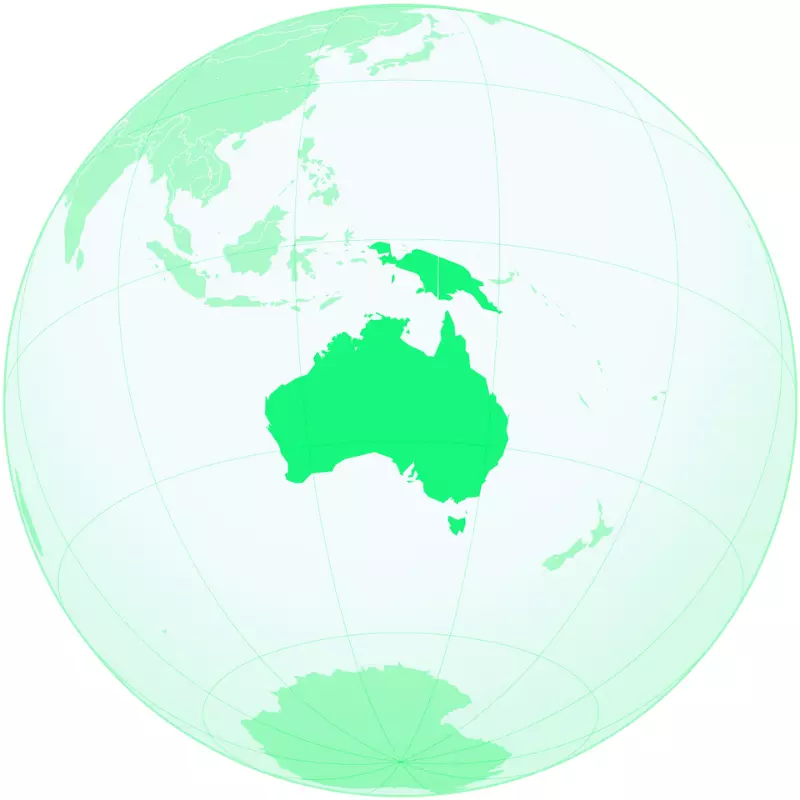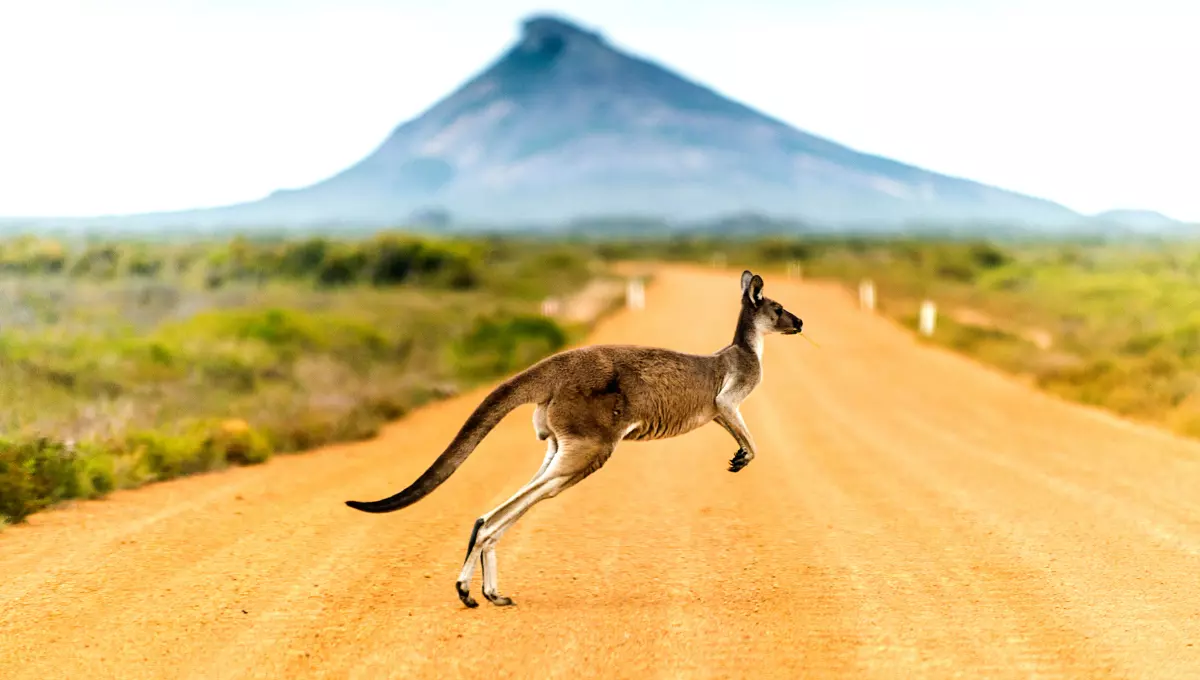
Oceania
Come to Oceania for a truly unique travel experience, where paradise meets adventure. Explore the diversity and wonder of Oceania’s islands, from Australia to Fiji.
Choose Your Destination
Oceania
The Pacific Ocean is home to thousands of islands, including Australia, New Zealand, Papua New Guinea, Fiji, and many others, making up the large and diverse region known as Oceania. Travellers from all over the world like visiting this area because of its breathtaking natural beauty, rich cultural heritage, and distinctive species.
With everything from tropical rainforests and coral reefs to snow-capped mountains and deserts, Oceania’s geography is as varied as its culture. A variety of activities are available to visitors, including hiking, beachcombing, wildlife viewing, and cultural experiences.
Oceania has many big international airports in places like Sydney, Melbourne, Auckland, and others, thus despite its location, it is well connected by air. Travellers who wish to experience other nations and cultures will find the region to be a fantastic choice because it is easy to go between destinations within it.
Overall, Oceania has a remarkable variety of activities to offer tourists interested in culture, adventure, and scenic beauty. Visitors can maximise their time in this distinctive and fascinating region of the world by planning ahead and conducting some research.
Important Information About Oceania
Travellers can plan their trip more effectively and have a more complete understanding of what to expect when visiting Oceania by keeping these additional points in mind.
- Visa Requirements: Depending on your nationality and the country you intend to visit in Oceania, you may need a visa. In addition, tourists to New Zealand may be eligible for visa-free entry for stays of up to 90 days, whereas travellers to Australia normally need to get an electronic travel authorization or visa before arrival.
- Transportation: With major international airports in Sydney, Melbourne, Auckland, and other cities, Oceania is well connected by air. For tourists who want to travel throughout the region, domestic planes are also an option. Renting a car is a common option to explore the countryside and smaller towns in several nations, such as New Zealand.
- Accommodation: Oceania offers a range of accommodation options, from budget hostels to luxury resorts. Visitors should research the best options for their budget and preferences, keeping in mind that prices can vary greatly depending on the season and location.
- Activities: Travelers can engage in a variety of activities in Oceania, including as hiking, beach activities, wildlife viewing, and cultural experiences. Popular excursions include touring Australia’s Great Barrier Reef, trekking New Zealand’s Milford Trail, and taking in traditional Fijian culture.
- Safety: Oceania is a fairly safe place to go, although tourists should use caution while entering major towns and popular tourist destinations, especially at night. Also, tourists should be aware of and follow local warnings and recommendations on natural hazards such as tropical storms and wildfires.
- Currency: Depending on the nation you are visiting in Oceania, there are different currencies available. For example, New Zealand uses the New Zealand dollar while Australia uses the Australian dollar. Visitors should educate themselves with the local currency and make arrangements for changing money in advance or using credit cards.
- Language: Despite the fact that several regions of Oceania also speak native languages and dialects, English is the primary language used there. Tourists shouldn’t have any trouble speaking in English, but learning a few basic words and phrases in the native tongue might also be useful.
- Health and Vaccinations: Before leaving, travellers to Oceania should check with their doctor or a travel clinic to make sure they have all the required shots and medications. Visitors should take steps to prevent mosquito bites because mosquito-borne diseases including dengue fever and the Zika virus are a risk in some places.
- Time Zones: Visitors should check the time difference between their home country and their destination since Oceania is spread across multiple time zones. Australia, for instance, has three different time zones, while during the summer, New Zealand is 12 hours ahead of GMT.
- Etiquette: Visitors should research the etiquette of their trip to avoid any cultural blunders because Oceania has its own cultural standards and practices. For example, it is traditional in Australia to use nicknames and shorten people’s names, whereas it is normal in New Zealand to remove your shoes before entering someone’s home.
Popular Blog Posts
What is Australia’s most visited city? 🦘15 Best Places To Visit In Australia: Unveiling the Wonders Down Under
What is Australia’s most visited city? Australia’s most visited city is Sydney, renowned for its stunning landmarks, diverse culture, and…
